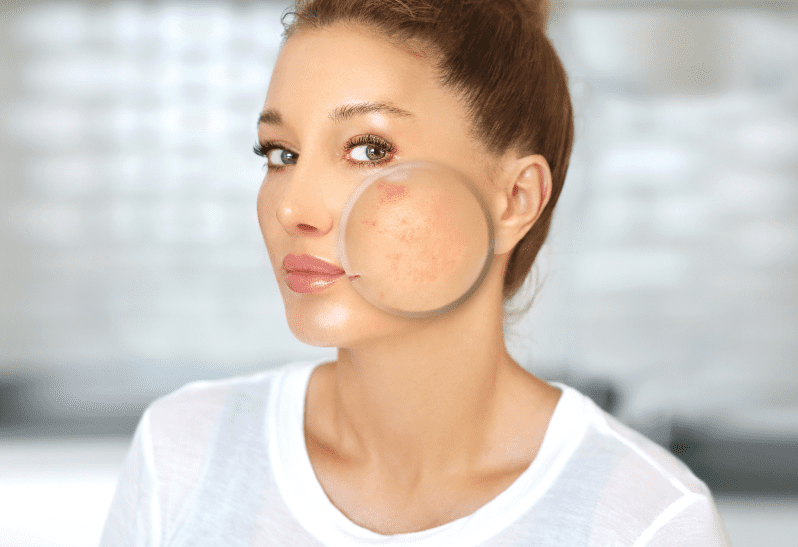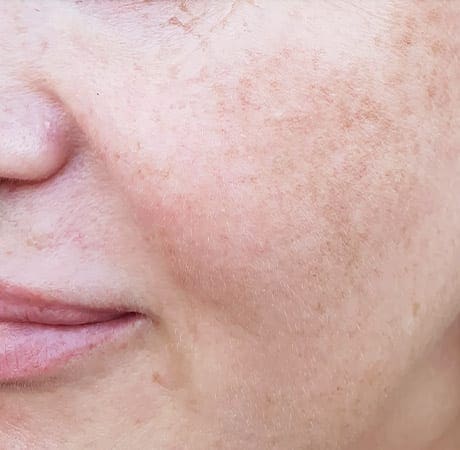




I think I was always likely to be drawn to medicine and become a doctor. Growing up as the daughter of two doctors, with medical journals dotted around the living room rather than magazines, it’s only natural that an interest would set in. I was also good at both science and English at school, and even then was aware I’d like to eventually do something that combined the two; being a doctor – and in particular a dermatologist – allows me to do this, practicing medicine and surgery, but being able to write about it as well.
The decision to become a dermatologist probably came halfway through my medical degree at Cardiff. Having suffered ongoing acne since childhood, I had a keen insight into what it was like to be the patient. Indeed, I felt myself relating more to patients coming in with skin concerns than other kinds of issue, and wanting to make a difference for them.
I could still remember visiting a dermatologist when I was 12 who didn’t take my condition seriously, unsympathetically telling me there was nothing that could be done about the acne scarring. I had been crushed. But subsequent visits to more empathetic dermatologists, with successful courses of treatments giving me stretches of clear skin, did restore my faith.
So, I completed my medical degree to qualify as a junior doctor, alongside which I also gained a BSc in pharmacology; this second degree invaluably honed my expertise with the medications I’d later prescribe. I then began the specialist programme that, after several years of advanced training, led to my qualification as a consultant dermatologist. This long path, bolstered by my first-hand experiences as a patient – both good and bad – showed me the profound difference dermatologists can make to patients’ wellbeing and, more importantly, the kind of dermatologist I wanted to become.


You may also be interested in:








